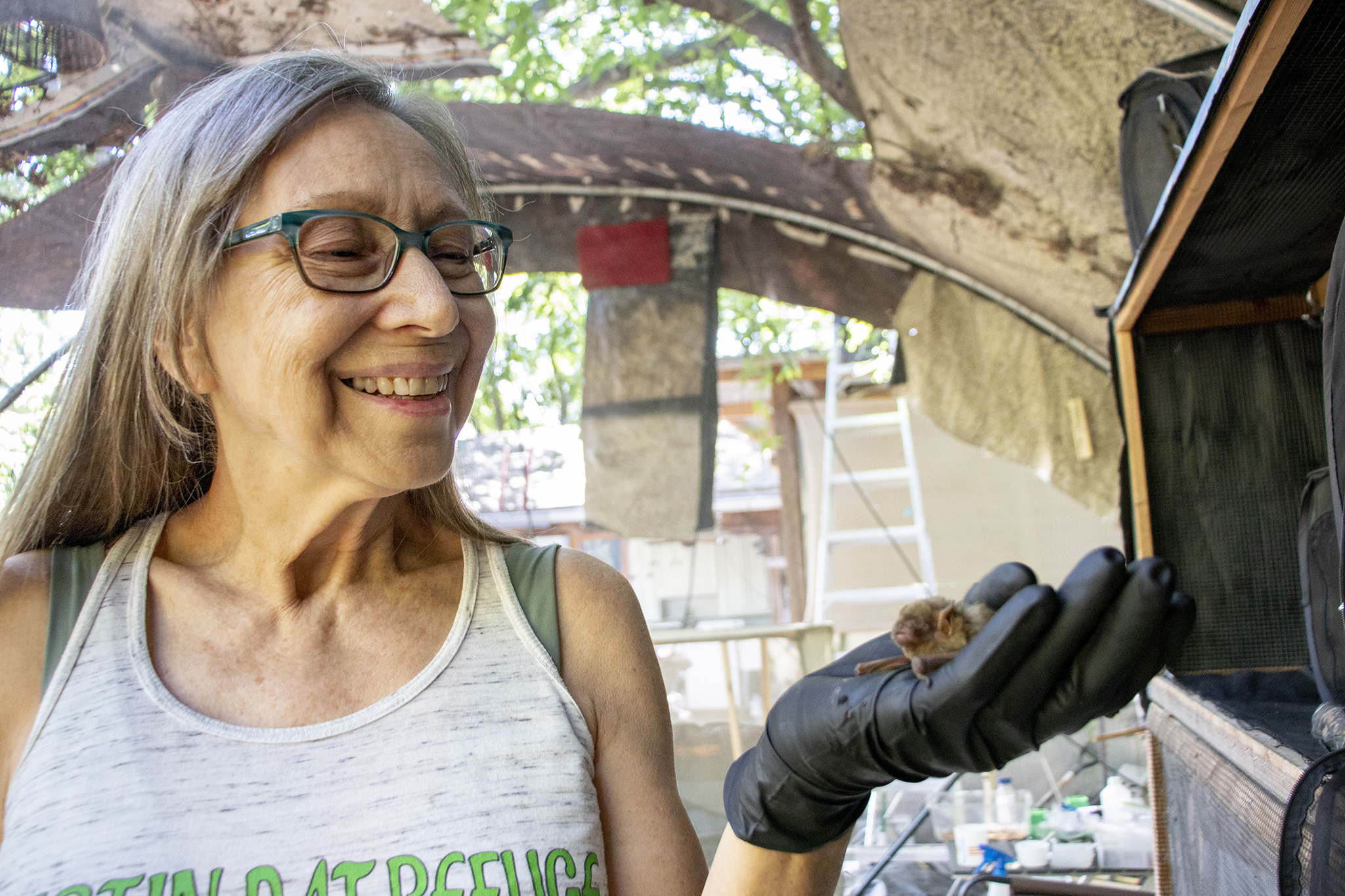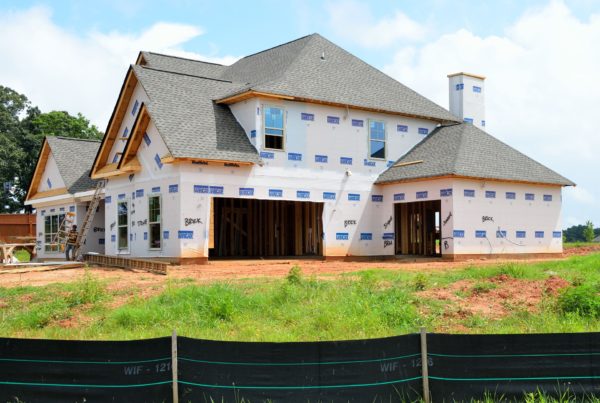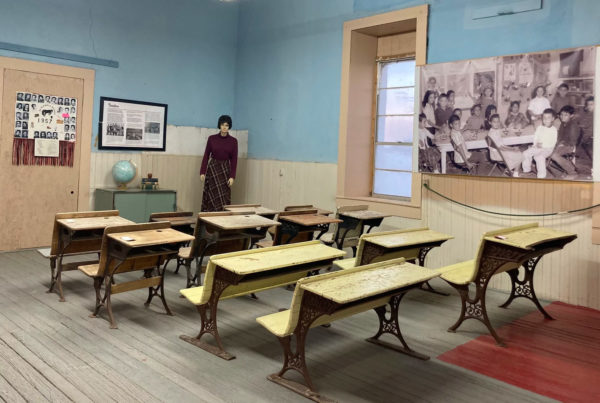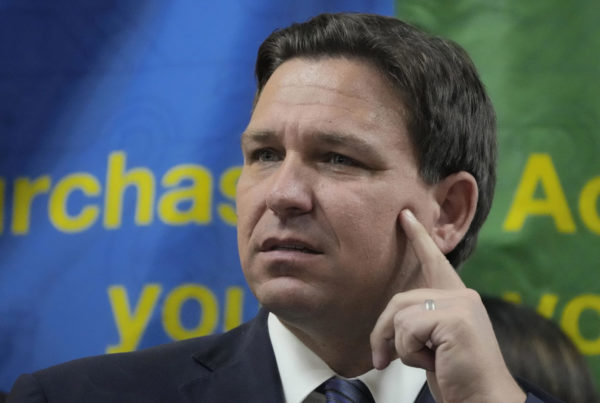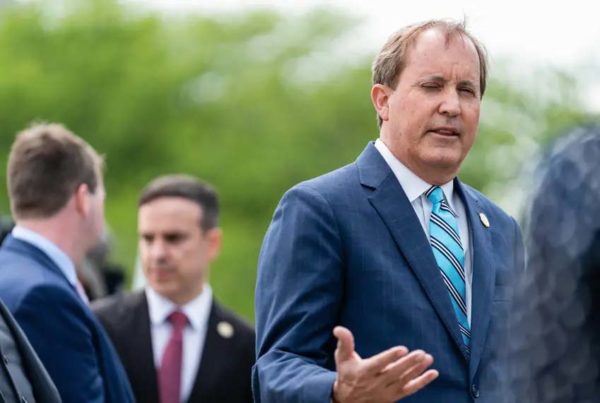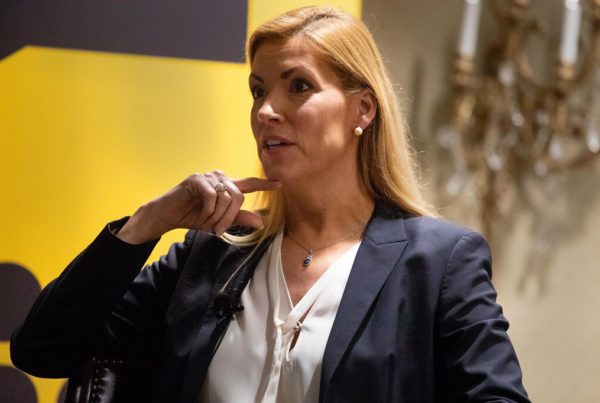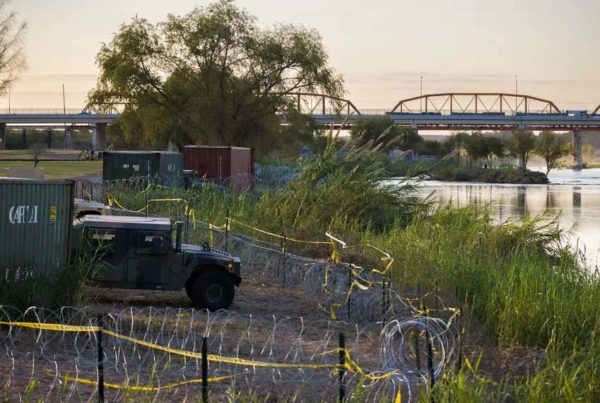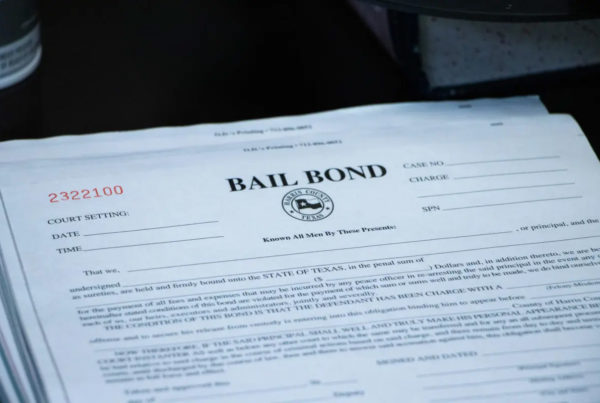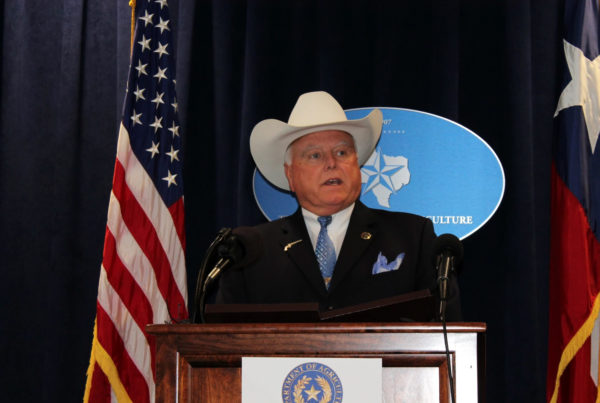This story comes from NPR’s Next Generation Radio project:
Disease-spreading, blood-sucking, nocturnal creatures. Bats have long been the stuff of horror stories and nightmares.
“One of the things that makes people fear them is that they are nighttime animals; people rarely see them,” Dianne Odegard, Austin Bat Refuge co-founder, says.
Even Austin’s popular Congress Avenue Bridge bat colony was at first misunderstood, she says. The animals began moving in during the early 1980s after the bridge was widened – “unknowingly creating a wonderful bat roost underneath.”
“People in Austin were very upset about this at first,” Odegard says. “It was not something that they took on as an interesting feature of Austin the way people look at it now. They thought it was going to be a public health crisis.”
But Odegard sees bats differently. She and her husband, Lee Mackenzie, have dedicated the last several years of their lives to educating the public about what Odegard calls these beautiful and fascinating creatures. As the only bat rehabilitators for many miles around, they also nurture Central Texas bats back to health.
But Odegard says climate change and human activity could make their job much harder. She says people need to recognize how what they do affects bats and why that matters.


